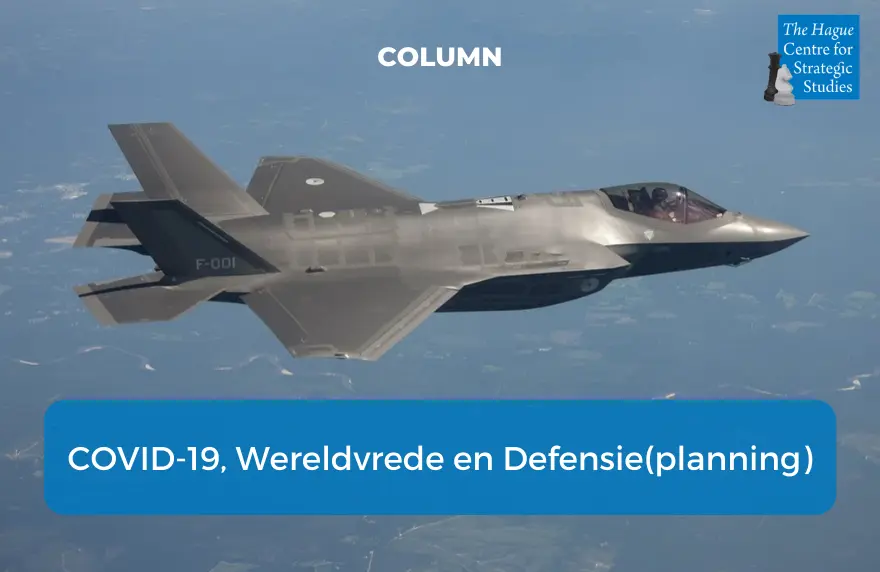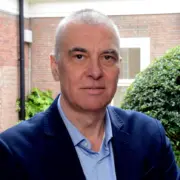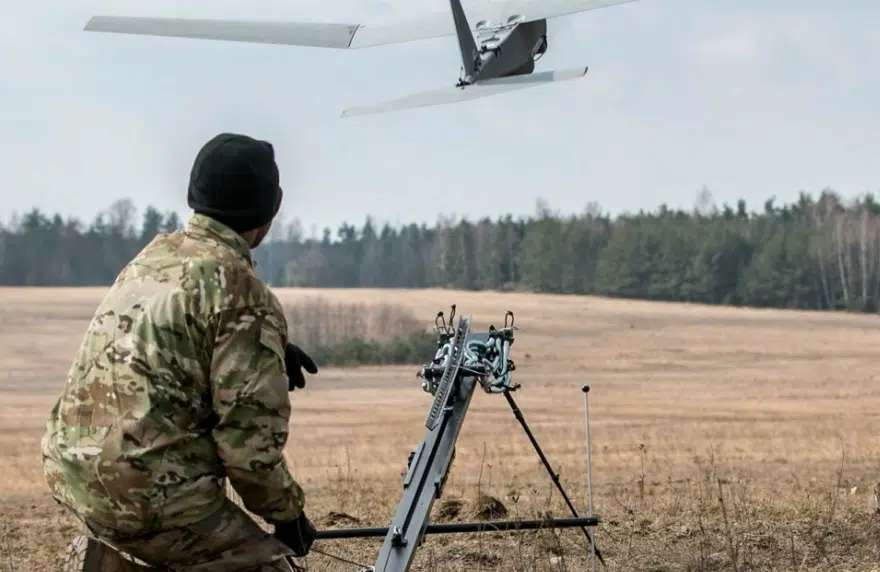Op 23 maart was duidelijk dat de COVID-19 plaag een wereldwijd verspreid probleem werd en er van een pandemie sprake was. Verenigde Naties secretaris-generaal António Guterres riep toen dan ook op om wereldwijd de wapens neer te leggen en zo mensen, geld en capaciteiten vrij te maken in het gevecht tegen corona. Was dit een overture om tot wereldvrede te komen? Ook op andere gebieden roepen diverse experts, of mensen die zichzelf zo noemen, dat er een waterscheidingsmoment is aangebroken. Klimaat, economische samenwerking, sociale omgang, en dus ook internationale veiligheid, allemaal gebieden die vanaf nu anders gaan worden. Als we ons richten op veiligheid en de oproep tot wereldvrede, is daar iets van gekomen? Laten we dan op twee dimensies kijken. Ten eerste die van directe oorlogsvoering en ten tweede die van ‘onder de radar’.
De burgeroorlog in Syrië lijkt in de media te zijn verdwenen. Onder druk van het virus is de aanwezigheid van Turkse troepen verminderd, maar de strijd om Idlib en andere delen van Syrië gaan onverminderd door. Ook de onderhandelingen in Afghanistan verlopen moeizaam en geweld escaleert bij tijd en wijle. En ondanks dat ook in Yemen corona is geconstateerd zwijgen de wapens daar niet. De Rohingya blijven in Birma en Bangladesh klem zitten tussen oorlog en het virus. En zelfs in door corona getroffen Israël en de Westbank gaat geweld van kolonisten tegen Palestijnen als vanouds door. En nu in veel westerse landen ook de krijgsmachten zijn getroffen door COVID-19 infecties, testen China en Rusland met grote regelmaat de kracht van de NAVO-defensie.
Als we gaan kijken wat zich ‘onder de radar’ afspeelt in het informatiedomein, dan zien we zelfs een stijging van incidenten. Phishing-mail en hacking bereikt nu een hoogtepunt doordat nu veel op afstand wordt gewerkt en ziekenhuizen die levensreddende behandelingen uitvoeren zijn geconfronteerd met gijzel-software die de bedrijfsvoering en de patiëntenzorg dreigt plat te leggen. In de propagandawereld woedt de oorlog als nooit te voren. China en de VS beschuldigen elkaar ervan de opzettelijke initiator van het virus te zijn. En toen in de begindagen van corona de EU hulp leverde aan China, vroeg deze laatste dat stil te houden om geen paniek te veroorzaken, het viel immers allemaal wel mee en het was in de hand. Toen de situatie was omgedraaid leverden China en Rusland onder luid tromgeroffel steun aan Europese landen. Eurosceptici (aangevuurd door deze desinformatie) dachten hierin te kunnen lezen dat de EU totaal uit elkaar aan het spatten was.
Alles overziend lijkt het erop dat de oproep van Guterres aan dovemans oren gericht was. Het verdwijnen van oorlog en strijd uit de media, vanwege ander (corona) nieuws, wordt zelfs gebruikt om spanning te vergroten, juist omdát het niet meer in het nieuws komt. Voor de internationale veiligheid lijkt het erop dat er toch een soort van waterscheiding heeft plaatsgevonden. Maar niet een die gerust stelt. In plaats van ontspanning lijkt de spanning alleen maar toe te nemen. Met de herijking van de Defensienota later dit jaar dient daar terdege mee rekening te worden gehouden.
Patrick Bolder, 24 april 2020
Een uitgebreider Engelstalig stuk hierover vindt u hier.




